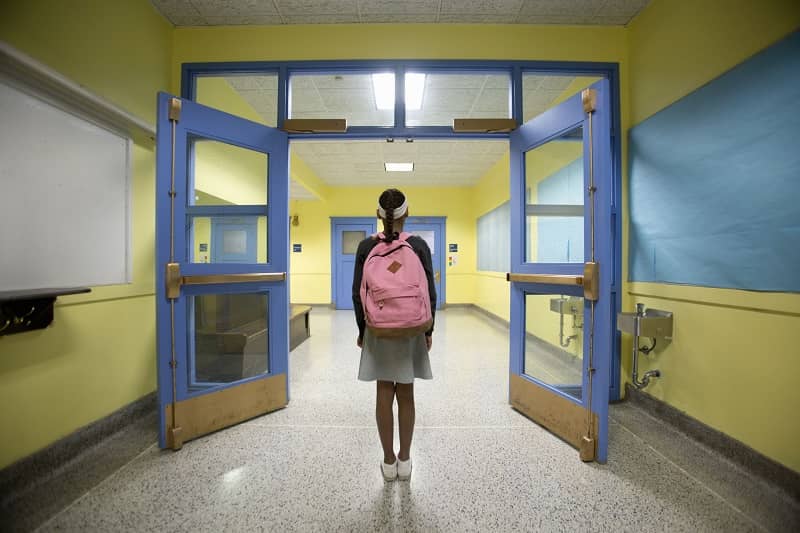

The Oregon Court of Appeals and the U.S. Supreme Court heard similar cases last week about the constitutionality of drug tests in school.
Here in Oregon, sixteen year old Ginelle Weber and her parents object to Oakridge High School’s random drug tests for athletes. The federal case involves an Oklahoma school district that wants to randomly test students involved in all extracurricular activities such as band, debate and sports. In that case, Justice Anthony Kennedy — perhaps inadvertently — put his finger on a larger issue. He asked whether, given a choice, parents would select schools that drug test or those that don’t.
Unfortunately, most parents are not able to select their children’s schools. Absent that choice, suspicionless drug testing violates privacy and the presumption of innocence. It could also result in higher drop out rates, lower participation in extracurricular activities, and perverse incentives to use harder drugs that are metabolized faster.
That said, drug testing might be a very reasonable and valued option for some families. If Justice Kennedy really wants parents to have that choice, he has the opportunity in the Cleveland voucher case now before his Court.
School choice would defuse not just the drug testing issue, but other debates surrounding homosexuality, religion in schools, uniforms, soft drink sales on campus and more. These are contentious issues, but there is no reason we have to reach agreement. We just have to give parents the freedom to choose schools that work for them.
© 2006, Cascade Policy Institute. All rights reserved. Permission to reprint in whole or in part is hereby granted, provided the author and Cascade Policy Institute are cited. Contact Cascade at (503) 242-0900 to arrange print or broadcast interviews on this topic. For more topics visit the QuickPoint! archive.











